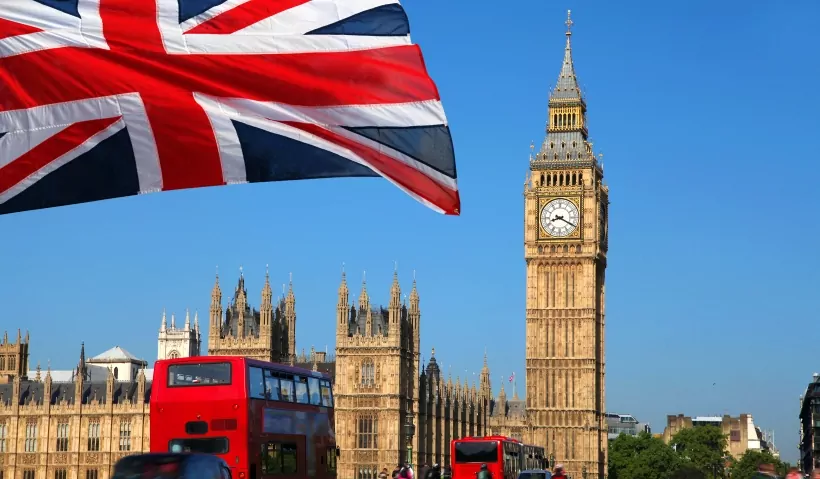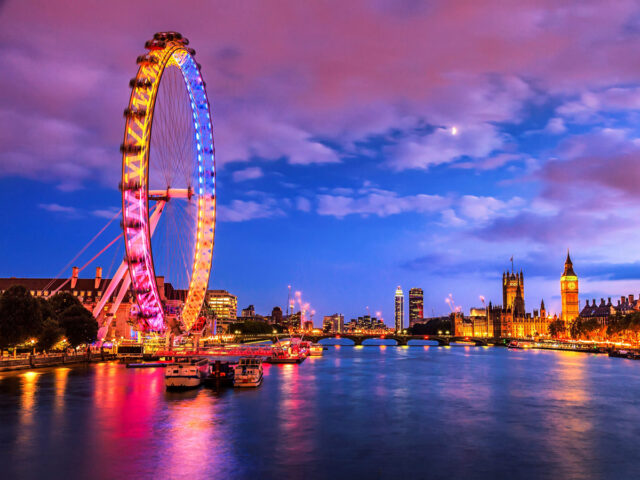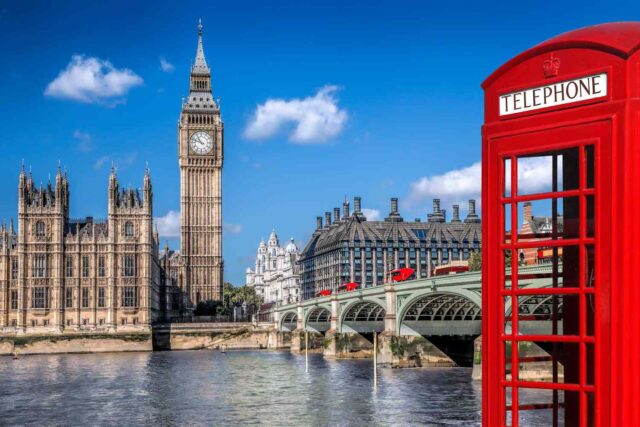
The United Kingdom has long been a sought-after destination for individuals from around the world seeking new opportunities and a fresh start. For many, the dream is not only to live and work in the UK but to put down roots and make it a permanent home. Indefinite Leave to Remain (ILR) is a crucial step on that journey, offering a pathway to permanent residency in the UK. In this article, we will explore what ILR is, how to obtain it, and the rights and responsibilities that come with this significant immigration milestone.
What is Indefinite Leave to Remain (ILR)?

Indefinite Leave to Remain, often referred to as “permanent residency,” is a type of immigration status in the United Kingdom that allows individuals to live and work in the country without any time restrictions. It represents a significant milestone on the path to becoming a permanent resident or citizen of the UK.
Eligibility for ILR

Obtaining ILR is not automatic, and applicants must meet specific eligibility criteria. The criteria vary depending on the type of visa or immigration route an individual has taken to reach this stage. Common eligibility requirements include:
- Length of Residence: Most applicants must have lived in the UK continuously for a specified period, typically five years.
- Immigration Status: Applicants must have been in the UK on a valid visa, such as a work visa, family visa, or investor visa, during their residence.
- Compliance with Visa Conditions: Applicants must have followed the conditions of their visa, including not exceeding allowable absences from the UK.
- Knowledge of English and Life in the UK: Some applicants may need to demonstrate their knowledge of English and pass the “Life in the UK” test.
- Criminal Record Check: Applicants must not have a criminal record or have committed serious offenses.
The Application Process for ILR

Applying for ILR is a meticulous process that involves submitting the appropriate application form and supporting documents. The specific requirements may vary based on the applicant’s visa route and circumstances. Critical stages in the application procedure encompass:
- Completion of Application Form: Applicants must fill out the relevant application form, which can be submitted online or through a paper application.
- Submission of Supporting Documents: Essential documents, such as passport copies, visa documents, proof of residence, and language proficiency certificates, must be provided as evidence of eligibility.
- Biometric Information: Applicants may be required to attend an appointment to have their biometric data (fingerprints and photographs) taken.
- Payment of Fees: A fee is typically required to process the application. Fees can vary based on the type of visa and the processing time chosen.
- Application Review: UK Visas and Immigration (UKVI) will review the application and supporting documents to assess eligibility.
Rights and Responsibilities of ILR Holders

Holding ILR in the UK brings several rights and responsibilities:
Rights:
- No Time Restrictions: ILR holders can live and work in the UK without any time limitations.
- Access to Public Services: They have access to public services, including healthcare and education, just like British citizens.
- Pathway to Citizenship: ILR is often a prerequisite for those wishing to apply for British citizenship.
Responsibilities:
- Visa Compliance: ILR holders must continue to follow the conditions of their visa and not engage in any activities that could jeopardize their status.
- Absence Limitations: They must be mindful of the maximum allowable absences from the UK during any given year.
- Contribution to Society: ILR holders are encouraged to contribute positively to British society through work, community involvement, and adherence to British laws and values.
Renewing and Maintaining ILR

ILR is typically granted with no fixed expiration date, but it can be lost if certain conditions are not met. ILR holders must ensure they maintain continuous residence in the UK and avoid prolonged absences. Additionally, renewing a British passport or applying for citizenship often requires a valid ILR status.
Conclusion
Indefinite Leave to Remain in the UK is a significant achievement for individuals seeking to make the UK their permanent home. It offers the freedom to live and work in the country without time constraints and serves as a stepping stone towards British citizenship. However, it also comes with responsibilities, such as adhering to visa conditions and contributing positively to British society. For those on the path to permanent residency, understanding the process and requirements for ILR is essential to achieving their long-term goals in the UK.













